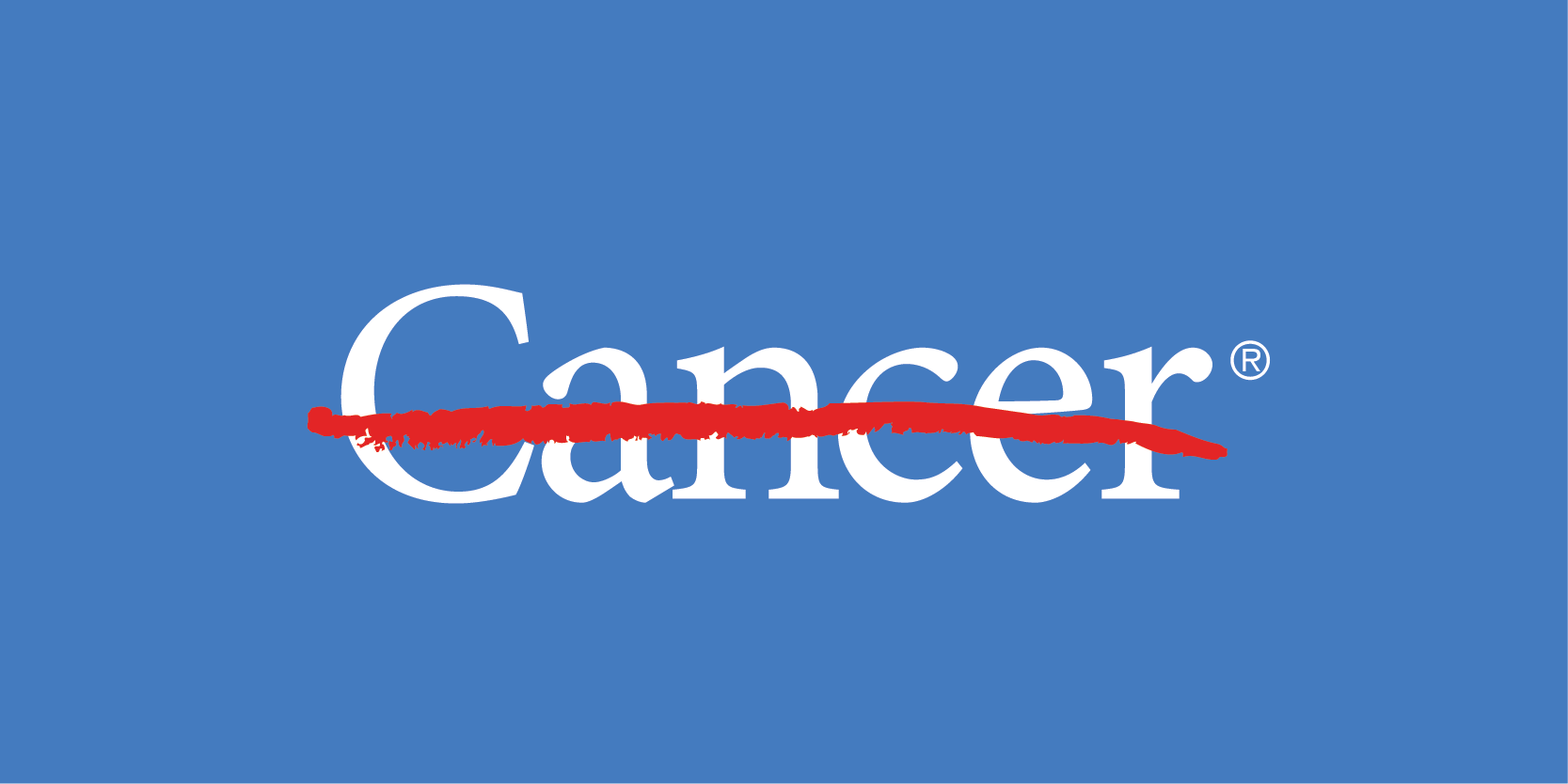- 912
The interview has been edited for clarity and brevity.
Cheryl Clark: Medicare Advantage plans have been enrolling beneficiaries at astonishing rates, and plans now cover 52% of eligible lives, or almost 32 million people -- up from 11 million in 2010 and 33% in 2016. At this pace, 70% or 80% of eligible people will be in an MA plan in a few more years. Eventually, will everyone be required to enroll in a Medicare Advantage plan to access benefits?
Michael Chernew, PhD: For the foreseeable future, I think traditional Medicare will still be an option, but just one that fewer people choose. The pace will slow as fewer people are left to convert. But there are now markets that -- in Puerto Rico for example -- 92% are in Medicare Advantage plans. There are already other markets outside of Puerto Rico that are 70% and 80%.
Clark: But are you saying it's worked out the way it's supposed to? Your staff studyopens in a new tab or window noted that MA plans have cost the Medicare program $613 billion more than beneficiaries in fee-for-service over the last 18 years, and $353 billion of that is in just the last 5 years, $88 billion more expected in 2024 alone. These private plans have been using the risk adjustment factor to score patients 20% sicker than their counterparts in fee-for-service, which means higher capitated revenue. And some people are concerned that we really don't know if those extra benefits -- that free transportation to the doctor or that lower copay for a dental visit that some of this money is paying for -- have improved health status.
Chernew: I believe the Medicare Advantage program has successfully changed patterns of care in ways that have reduced overall utilization. They have enabled plans to offer better benefits to beneficiaries, financed by the plans' efficiencies as well as the payments they've received. And there's a range of technical things -- changing the risk adjustment models, which we have already done -- and making changes to the quality bonus program. There's a lot of strategies one could take if one wanted to improve the balance of payments between Medicare Advantage and fee-for-service.
[EXTERNAL LINK] - Will All Seniors Eventually Have No Choice but Medicare Advantage?

Cheryl Clark: Medicare Advantage plans have been enrolling beneficiaries at astonishing rates, and plans now cover 52% of eligible lives, or almost 32 million people -- up from 11 million in 2010 and 33% in 2016. At this pace, 70% or 80% of eligible people will be in an MA plan in a few more years. Eventually, will everyone be required to enroll in a Medicare Advantage plan to access benefits?
Michael Chernew, PhD: For the foreseeable future, I think traditional Medicare will still be an option, but just one that fewer people choose. The pace will slow as fewer people are left to convert. But there are now markets that -- in Puerto Rico for example -- 92% are in Medicare Advantage plans. There are already other markets outside of Puerto Rico that are 70% and 80%.
Clark: But are you saying it's worked out the way it's supposed to? Your staff studyopens in a new tab or window noted that MA plans have cost the Medicare program $613 billion more than beneficiaries in fee-for-service over the last 18 years, and $353 billion of that is in just the last 5 years, $88 billion more expected in 2024 alone. These private plans have been using the risk adjustment factor to score patients 20% sicker than their counterparts in fee-for-service, which means higher capitated revenue. And some people are concerned that we really don't know if those extra benefits -- that free transportation to the doctor or that lower copay for a dental visit that some of this money is paying for -- have improved health status.
Chernew: I believe the Medicare Advantage program has successfully changed patterns of care in ways that have reduced overall utilization. They have enabled plans to offer better benefits to beneficiaries, financed by the plans' efficiencies as well as the payments they've received. And there's a range of technical things -- changing the risk adjustment models, which we have already done -- and making changes to the quality bonus program. There's a lot of strategies one could take if one wanted to improve the balance of payments between Medicare Advantage and fee-for-service.
[EXTERNAL LINK] - Will All Seniors Eventually Have No Choice but Medicare Advantage?


